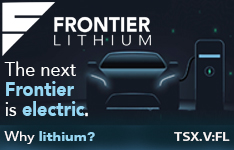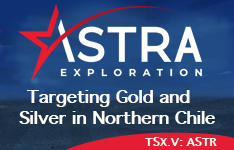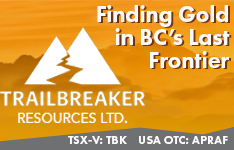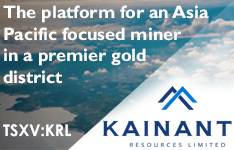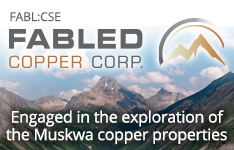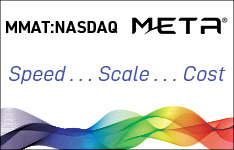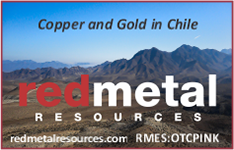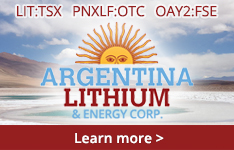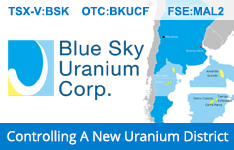Energy technology firm Romeo Power Inc. (RMO:NYSE), which engineers and manufactures lithium-ion battery modules and packs for commercial electric vehicles, today announced it entered into a definitive agreement to be acquired by zero-emissions transportation and energy infrastructure solutions company Nikola Corp. (NKLA:NASDAQ) in an all-stock transaction valued at $144 million.
Under the terms of the agreement, Romeo Power shareholders will receive 0.1186 of a share of Nikola common stock for each Romeo share currently owned. The report stated that the proposed exchange ratio equates to a price of $0.74 per share, which represents a 34% premium over the closing share price on Friday, July 29, 2022. When the transaction is finalized existing Romeo shareholders will own 4.5% of Nikola on a proforma basis.
The two firms are well known to each other since Romeo presently designs and makes lithium-ion battery modules and packs for Nikola, its largest customer. Nikola believes that by acquiring Romeo and bringing battery production in-house, it will benefit by securing control of critical battery pack engineering and production processes.
Nikola Corp.'s CEO Mark Russell commented, "Romeo has been a valued supplier to Nikola, and we are excited to further leverage their technological capabilities as the landscape for vehicle electrification grows more sophisticated. With control over the essential battery pack technologies and manufacturing process, we believe we will be able to accelerate the development of our electrification platform and better serve our customers."
Romeo Power's Chairman Robert Mancini stated, "As Romeo's largest customer, Nikola has been a cornerstone of our development and growth, and this is a natural evolution of our relationship. Our products provide critical energy density important to heavy-duty vehicles, combined with safety performance and battery management software."
Mancini continued, "Following an extensive review of alternatives, we firmly believe that this combination offers the best opportunity for Romeo shareholders to participate in the ongoing value creation at a larger scale, stronger combined company."
The rationale for the merger is that incorporating battery production into a single product focus will simplify and improve production and costs associated with batteries which are one of the most expensive components of the bill of materials. Nikola estimates that by the end of 2023 it will be able to decrease its non-cell-related battery pack costs by 30-40%.
The report indicated that the transaction is expected to be completed by the end of October 2022 and has already been approved by each company's respective Boards of Directors. The deal remains subject to approval by Romeo shareholders, ordinary closing conditions, and regulatory approval.
Until the merger is finalized, Romeo will continue to operate independently and will have access to up to $35 million in interim funding from Nikola to maintain operations through closing.
Nikola is a zero-emissions-focused transportation company headquartered in Phoenix, Ariz. The firm designs and manufactures heavy-duty commercial battery-electric vehicles (BEV), fuel cell electric vehicles (FCEV), and energy infrastructure solutions.
Romeo Power is an energy technology co. based in Cypress, Calif. The firm focuses on engineering and providing advanced electrification solutions for commercial vehicle applications. The company's batteries are designed and manufactured to meet customer specifications at its 113,000-square-foot manufacturing facility.
Romeo Power began the day with a market cap of around $83.18 million with approximately 151.23 million shares outstanding and a short interest of about 13.0%. RMO shares opened 23% higher today at $0.6785 (+$0.1285, +23.36%) over Friday's $0.55 closing price. The stock has traded today between $0.6515 and $0.7170 per share and is currently trading at $0.6951 (+$0.1451, +26.38%).
| Want to be the first to know about interesting Clean Energy, Battery Metals and Alternative Energy investment ideas? Sign up to receive the FREE Streetwise Reports' newsletter. | Subscribe |
Disclosures
1) Stephen Hytha wrote this article for Streetwise Reports LLC and provides services to Streetwise Reports as an independent contractor. He or members of his household own securities of the following companies mentioned in the article: None. He or members of his household are paid by the following companies mentioned in this article: None.
2) The following companies mentioned in this article are billboard sponsors of Streetwise Reports: None. Click here for important disclosures about sponsor fees.
3) Comments and opinions expressed are those of the specific experts and not of Streetwise Reports or its officers. The information provided above is for informational purposes only and is not a recommendation to buy or sell any security.
4) The article does not constitute investment advice. Each reader is encouraged to consult with his or her individual financial professional and any action a reader takes as a result of information presented here is his or her own responsibility. By opening this page, each reader accepts and agrees to Streetwise Reports' terms of use and full legal disclaimer. This article is not a solicitation for investment. Streetwise Reports does not render general or specific investment advice and the information on Streetwise Reports should not be considered a recommendation to buy or sell any security. Streetwise Reports does not endorse or recommend the business, products, services or securities of any company mentioned on Streetwise Reports.
5) From time to time, Streetwise Reports LLC and its directors, officers, employees or members of their families, as well as persons interviewed for articles and interviews on the site, may have a long or short position in securities mentioned. Directors, officers, employees or members of their immediate families are prohibited from making purchases and/or sales of those securities in the open market or otherwise from the time of the decision to publish an article until three business days after the publication of the article. The foregoing prohibition does not apply to articles that in substance only restate previously published company releases.









